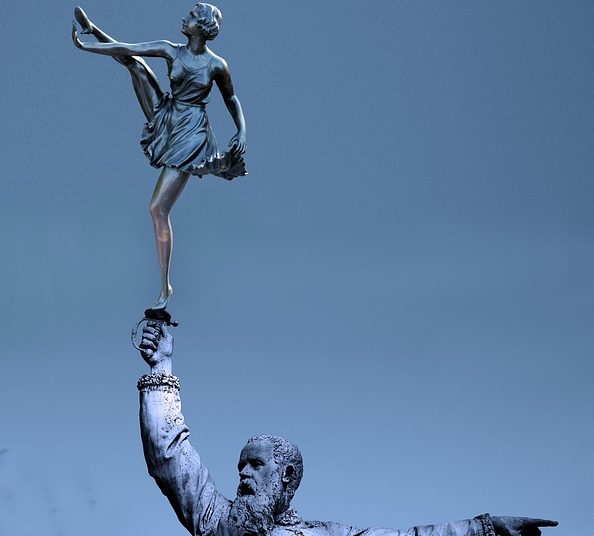The Legends of the Past: A Closer Look at History’s Most Influential Leaders
Throughout history, there have been countless leaders who have left a lasting impact on the world. From political figures to military commanders, these individuals have shaped the course of history and influenced the lives of millions. In this article, we will take a closer look at some of the most influential leaders of all time and explore the legacy they have left behind.
Julius Caesar
Julius Caesar was a Roman general and statesman who played a crucial role in the rise of the Roman Empire. He is best known for his military conquests, including the Gallic Wars and the Civil War, which solidified his power in Rome. Caesar was also a skilled politician and orator, and he implemented a number of reforms during his time in office.
One of the most significant contributions of Julius Caesar was the creation of the Julian calendar, which is the basis for the modern calendar system used today. His assassination in 44 BC marked the end of the Roman Republic and the beginning of the Roman Empire, with Caesar’s adopted son Octavian eventually becoming the first Emperor of Rome.
Queen Elizabeth I
Queen Elizabeth I of England, also known as the “Virgin Queen,” was one of the most powerful and influential monarchs in English history. She ruled from 1558 to 1603 and is remembered for her strong leadership, political acumen, and support of the arts and culture.
During her reign, Queen Elizabeth I oversaw a period of economic growth and stability in England, as well as the defeat of the Spanish Armada in 1588. She was a patron of the arts, supporting writers such as William Shakespeare and Christopher Marlowe, and her reign is often referred to as the Elizabethan Era, a time of great cultural achievement in England.
Napoleon Bonaparte
Napoleon Bonaparte was a French military and political leader who rose to prominence during the French Revolution. He became Emperor of France in 1804 and is best known for his military conquests and reforms in France. Napoleon’s Napoleonic Code, a civil legal code that remains influential to this day, is one of his most enduring legacies.
One of the most famous military leaders in history, Napoleon’s campaigns expanded the French Empire across much of Europe before his defeat at the Battle of Waterloo in 1815. Despite his eventual downfall, Napoleon’s impact on European history cannot be understated, and his name is synonymous with ambition, power, and military prowess.
Martin Luther King Jr.
Martin Luther King Jr. was a Baptist minister and civil rights activist who became a prominent leader in the American civil rights movement. He is best known for his role in the advancement of civil rights using nonviolent civil disobedience based on his Christian beliefs. King’s famous “I Have a Dream” speech, delivered during the March on Washington for Jobs and Freedom in 1963, remains one of the most iconic speeches in American history.
King was instrumental in the passage of the Civil Rights Act of 1964 and the Voting Rights Act of 1965, which outlawed racial discrimination and secured voting rights for African Americans. His advocacy for peace, justice, and equality earned him the Nobel Peace Prize in 1964, making him the youngest recipient of the award at the time.
Conclusion
These leaders, among many others, have left an indelible mark on history and continue to inspire generations of people around the world. Their courage, vision, and determination have shaped the course of human civilization and serve as a reminder of the power of leadership and the impact that one individual can have on the world.
As we reflect on the legacies of these influential leaders, we are reminded of the importance of standing up for what is right, fighting for justice and equality, and striving to make a positive difference in the world. Their stories serve as a testament to the enduring power of leadership and the potential for positive change that lies within each of us.
In conclusion, the legends of the past have much to teach us about the qualities of great leadership and the impact that one individual can have on the world. By studying their lives and legacies, we can gain valuable insights into the qualities that make a leader truly influential and the ways in which they can shape the course of history for generations to come.












